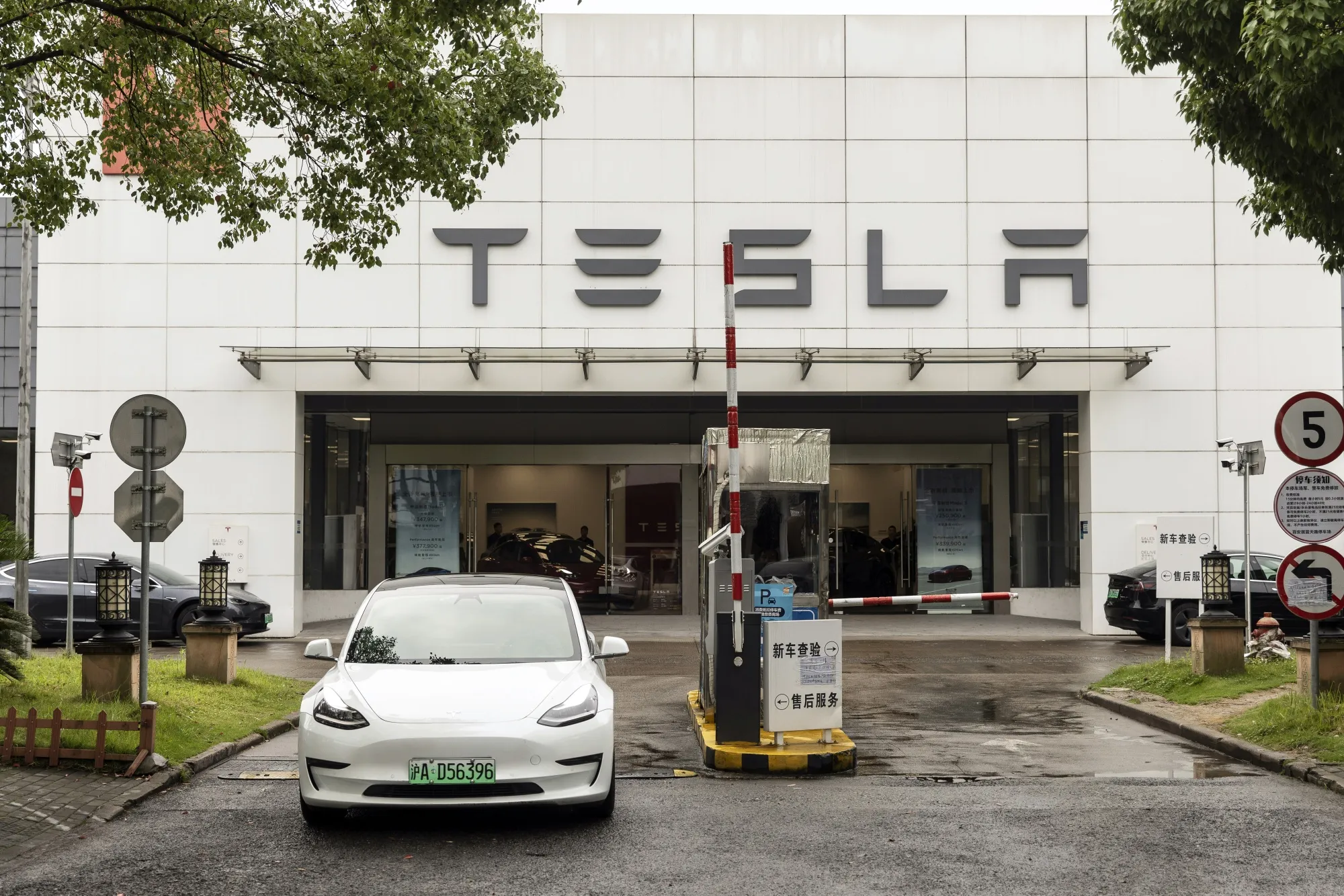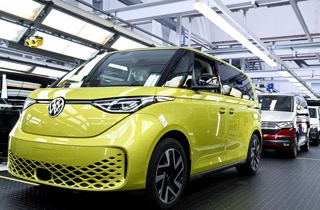Italy and the Czech Republic are leading a push to revise the European Union’s plan to phase out new combustion engine cars by 2035, arguing for a wider range of solutions and an accelerated review process, Bloomberg reports.
The two countries, concerned about the impact on their automotive industries, are advocating for a “broader array” of technologies beyond battery electric vehicles (BEVs) and hydrogen-powered cars. In a draft document seen by Bloomberg News, they call for the European Commission to expedite the planned review of the ban from 2026 to 2024.
The move comes amid challenges faced by Europe’s automotive industry. The transition to electric vehicles is proving difficult in the face of intense competition from China and a decline in consumer demand. The recent election of Donald Trump in the US has also fueled anxieties about potential tariffs, especially for German manufacturers heavily reliant on the American market.
The European Commission has already acknowledged the need for alternative solutions and has pledged to create a carve-out for cars powered by e-fuels, which are produced using captured CO2 and renewable electricity. These fuels have the potential to achieve zero emissions.
However, Italy and the Czech Republic believe that the current trajectory requires additional support. They are pushing for a short-term package to aid the automotive sector, although the specifics of this proposal remain unclear.









